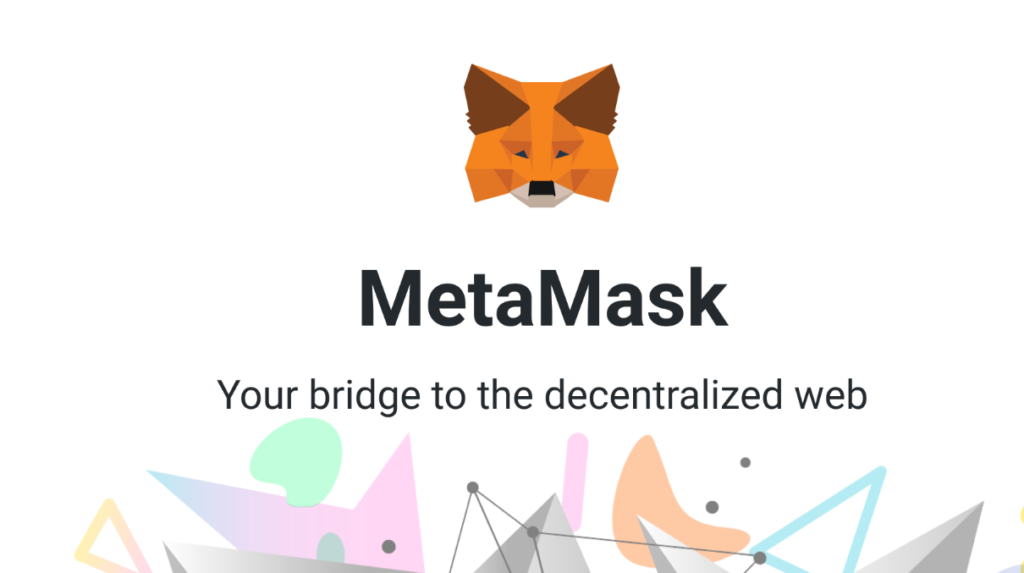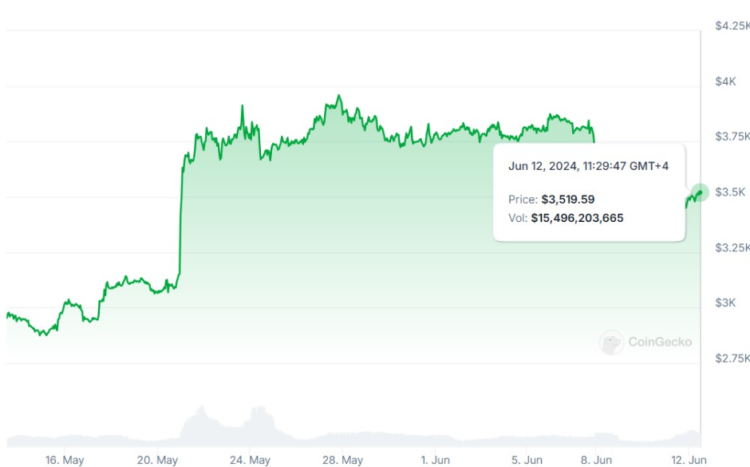MetaMask, a crypto wallet company, has launched its Ethereum staking service, enabling users to combine their funds and stake their assets.

MetaMask wallet users can stake their Ether without the need to satisfy Ethereum’s substantial minimum requirement of 32 ETH, which is approximately $112,000 at the time of writing, with the service.
Users can still be eligible for the staking rewards for safeguarding the network by providing less than the required ETH through MetaMask’s staking pool.
What exactly is ETH staking?
Ethereum has transitioned from a mining to a staking model due to its transition to a proof-of-stake (PoS) consensus mechanism. This implies that the network requires validators to store data, process transactions, and add blocks to the Beacon Chain.
In essence, validators ensure the network’s security and decentralization. Matthieu Saint Olive, senior product manager at Consensys, is confident that MetaMask’s pooled staking service enhances the security and decentralization of Ethereum. Saint Olive disclosed to Cointelegraph:
“Having more users staking and more ETH staked is beneficial for Ethereum security […] Also, the underlying validator infrastructure is distributed across multiple cloud providers, multiple regions across the globe, multiple consensus clients and multiple execution clients.”
The active participation of Ethereum validators results in an interest grant on their staked coins. Nevertheless, the staked ETH may be forfeited if a validator fails to fulfill its obligations or engages in collusion, a scenario commonly called “slashing.”
Saint Olive clarified that the primary risk of staking is the potential loss of users’ funds if a validator is removed. Nevertheless, the executive of Consensys asserted that their validators have operated without any incidents of slitting since 2020.
Most ETH holders (99%) do not possess 32 Ethereum
Not all individuals can meet the minimum requirement of 32 ETH despite the potential substantial advantages of staking.
The prerequisites for becoming a validator became prohibitively expensive as the price of ETH increased to more than $3,000. Ether is currently trading at approximately $3,500. This implies that roughly $112,000 is required to engage in Ethereum staking.

Nevertheless, not all individuals have the financial means to participate. The MetaMask team emphasized that “99% of ETH holders have less than 32 ETH” by referencing blockchain data.
Additionally, the wallet service provider observed that 74% of ETH is presently unstaked, and a significant portion of the staked ETH is concentrated in a few larger pools.
The wallet provider’s new service addresses the gap for users whose assets are below the minimal requirement. Consensys validators enable users with less than 32 ETH to engage in network stake.
Furthermore, their assets may be “unstolen” at any moment, contingent upon the departure queue protocols of the validators.
In a previous interview with Cointelegraph, Joseph Lubin, the CEO of Consensys and a co-founder of Ethereum, compared the new service to liquid staking and suggested that it may be more convenient.
@@
MetaMask ETH Staking not Available in US or UK
The service needs to be made available to users in the United States and the United Kingdom despite its apparent convenience for ETH holders. Nevertheless, MetaMask emphasized that it is in the process of ensuring the service is accessible in these jurisdictions shortly.
Saint Olive stated that the Ethereum staking policy in the United States is still “undergoing significant evolution.” The executive anticipates that the product will be introduced to the United States as soon as the policy progress is finalized.
In the same vein, the executive emphasized that regulators anticipate the release of supplementary regulatory guidance in the United Kingdom. Saint Olive informed Cointelegraph that they expect the United Kingdom to “modernize the current regime and provide greater clarity to the staking market.”
